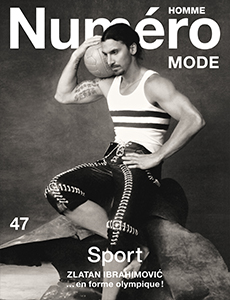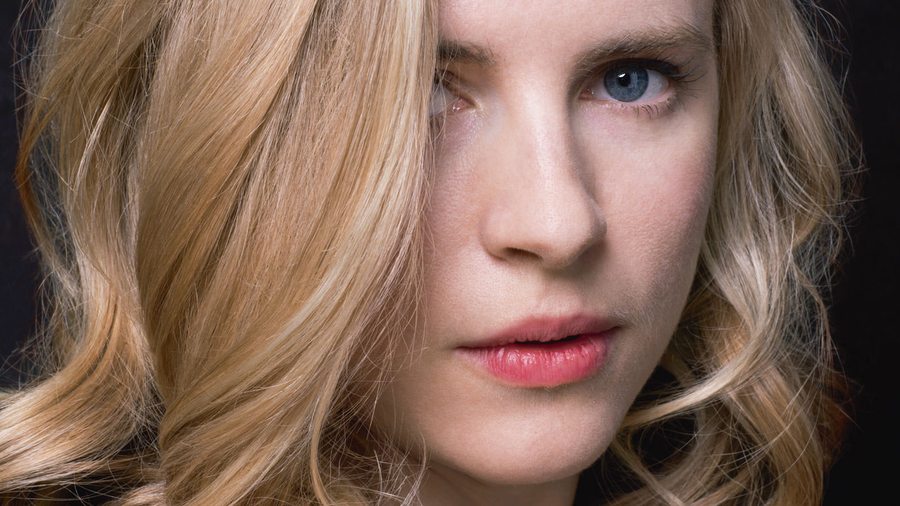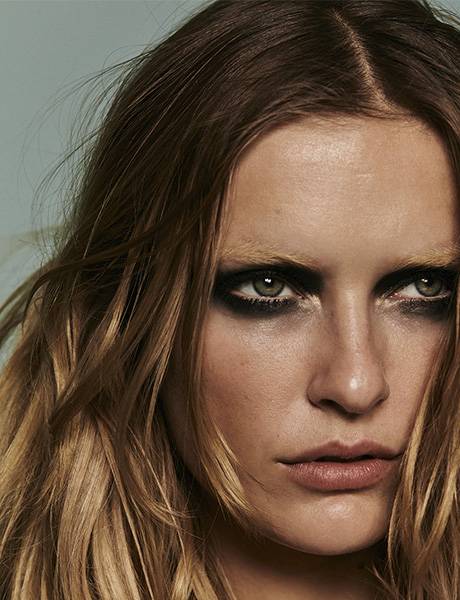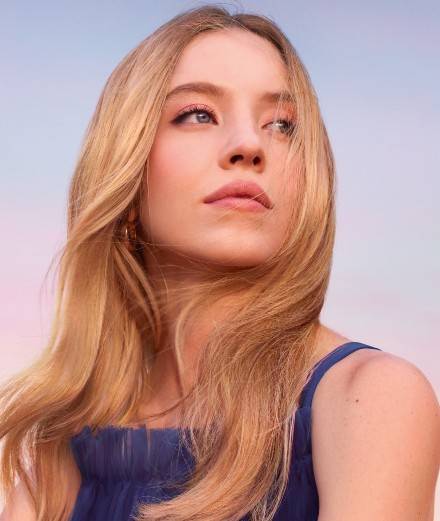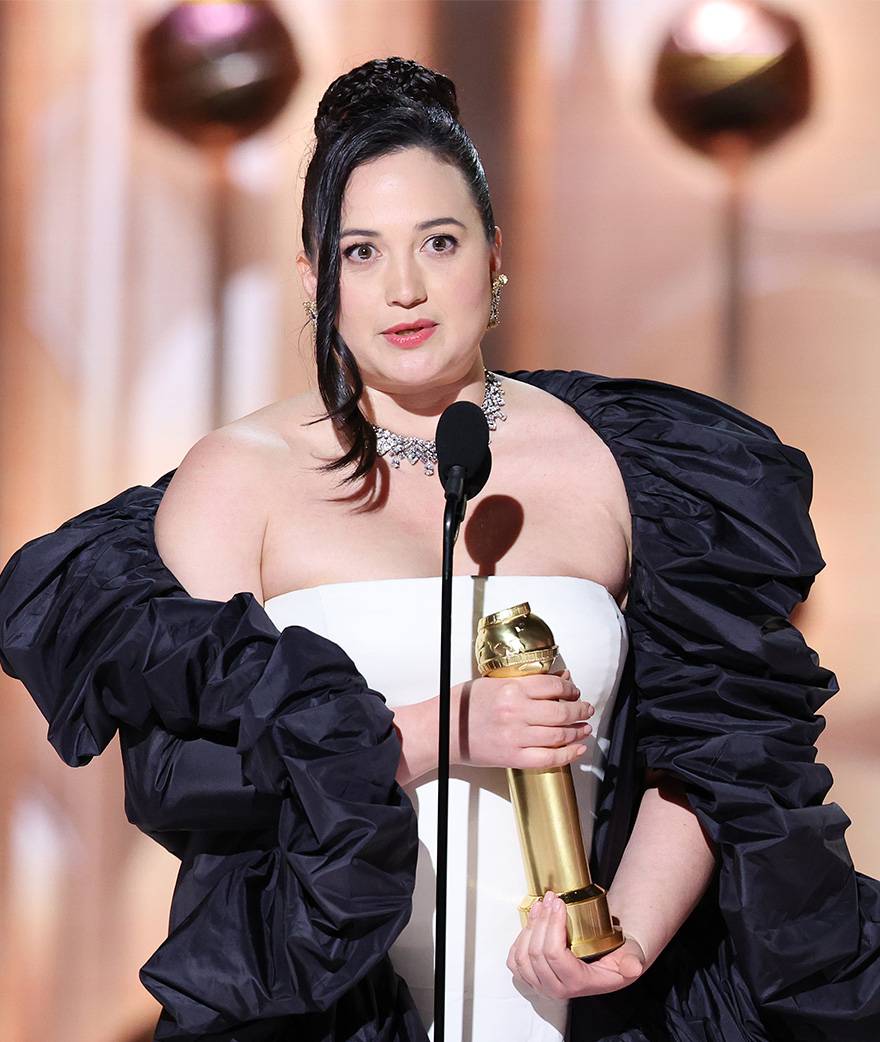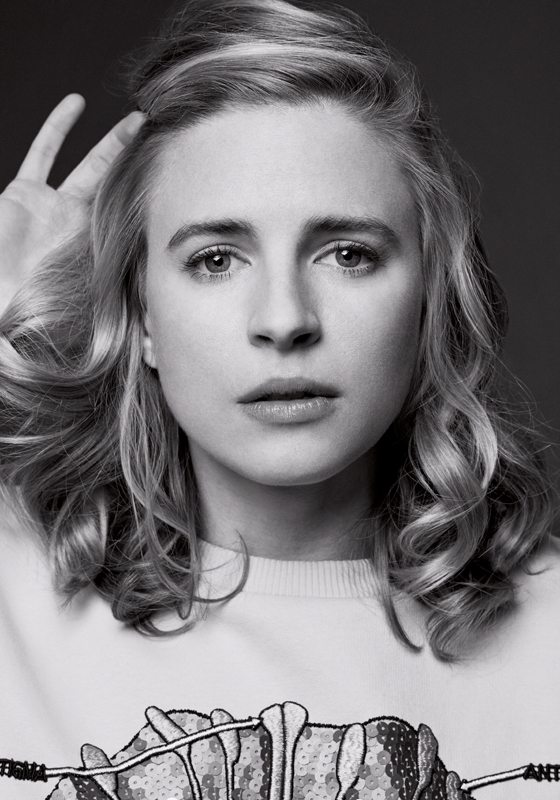

At the age of 34, the effervescent Brit Marling revealed herself to the world last winter in the lead role of a fascinating TV series which she also co-wrote. The OA, broadcast online by Netflix (a second series is in the pipeline) tells the story of a young woman returning to her parents’ home. She’s been missing for seven years and confides to a handful of teenagers what happened during those dark years, taking them with her fascinating discourse into the faraway lands of human experimentation. Mixing science fiction with realistic drama, this incredible visual and narrative exploration has established Brit Marling as a big player in Hollywood, a decade after her arrival in California. Having noted the lack of serious roles for women, the Chicago native had decided to have a go herself by writing made-to-measure roles in collaboration with Mike Cahill and Zal Batmanglij. Initially recognised for a few indie films shown at the Sundance Festival (Sound of My Voice and Another Earth in 2011, The East in 2013, I Origins in 2014), Marling has now reached a much wider audience without having to rein in any of her ambitions or benevolence.
NUMÉRO: Since Donald Trump’s investiture, things have been a bit tense in Hollywood and on the independent cinema scene. How are you doing?
BRIT MARLING: I think the whole country is concerned. People are thinking more than ever about what it means to keep a democracy alive. It’s interesting seeing these crowds of protesters, as we often do in American history. Thanks to those marches I feel relatively optimistic. Optimism is an efficient survival strategy to help us put one foot in front of the next.
Survival is a word that summarises your series The OA well.
Everyone has to deal with trauma at some point in their lives. Our only certitude we have as a human, is that of loss. It always happens in one way or another. We lose our loves. We lose our health. We have to learn how to navigate this violent territory. The fundamental message of our series is that we need to be unified: we achieve something very powerful when people join forces and put their strengths together. We imagined The OA as a refuge, a place to feel better in.
“The fundamental message of our series is that we need to be unified: we achieve something very powerful when people join forces and put their strengths together.”
In your eyes does fiction have consoling virtues?
I remember a quote from the writer James Baldwin that my creative partner Zal Batmanglij (co-writer of The OA) and I once shared: “You think your pain and your heartbreak are unprecedented in the history of the world, but then you read. It was books that taught me that the things that tormented me the most are the very things that connected me with all the people who were alive, who had ever been alive.” Fiction can ease isolation, especially in an era that revers the individual and when technology promotes withdrawal. The art of telling stories provokes empathy and the conscience of the collective. In any case that’s what I think.
Between science-fiction, near-death experiences and social realism, The OA is almost impossible to resume. We imagine it was a long and meticulous process before being able to give sense to all these articulations…
At the beginning, with Zal, as it’s quite hard to resume all the key points of the plot, we tend to read the first episode out loud to our partners. It was our way of explaining how you could jump from a parent-teacher meeting to a Russian oligarch’s house, from a troubled teenager in the Midwest to an accident 6000km away. Very quickly we got into the habit of not writing anything unless we were able to tell the story orally to a random person in a café and captivate them. It was a long process… but a necessary one, a bit like sitting round a camp fire, that moment when stories are told in a close and intimate way and take on an unexpected magnitude. Then when we started putting words down on paper, we would meet up for a few hours a day to talk about what was interesting us in world affairs, and very quickly our conversations would get caught up in the narrative. A sequence would take shape, a character would be born, a dream that one of us might have had would be brought into the flux. After a while only the best ideas remained anchored.


Along with Zal Batmanglij, you spent some time as a freegan (a vegetarian who strives to eat for free and is opposed to food waste) which resulted in the movie The East, released in 2013. Why did you throw yourself into that alternative lifestyle?
After we finished studying in Washington we arrived in the mid-2000s in Los Angeles and were still working out what we wanted to do. I wanted to act but didn’t know how to do it without compromising myself because the roles offered to young women in Hollywood are pretty desperate. That was before Occupy Wall Street… like lots of people I was interested in alternative movements. How should I live my life? Where’s the meaning in it all? It was a time when you ask yourself lots of basic questions and you want to confront them. Some people were quitting the system, notably via “Freeganism”. They were living in communes, breaking away from capitalism, living in green communities, on organic farms, working the land together. There was also this group of anarchists, a direct action group. We spent time going up and down the country in five different groups. We were trying to figure things out. Both Zal and I learnt a lot about ourselves. The most important lesson was that there is a way of life that isn’t scary. When you learn how to live for a long time with very little you know the price of survival and that gives you a radical autonomy. Since then we have always tried to transpose that onto our way of telling stories. As soon as we got back to Los Angeles we started to make films outside the system and ended up with Sound of My Voice and After Earth. And then we got noticed at Sundance at 2011.
“I wanted to act but didn’t know how to do it without compromising myself because the roles offered to young women in Hollywood are pretty desperate.”
What do you dream of next?
Some animal species aren’t able to perceive light, even when it’s there, and can’t hear certain sounds… well as a human I feel a bit like that too. I don’t know what an organ that can help you perceive things better looks like, but I think about it all the time because it would help me create. For me creating is getting rid of old fears gradually as you move forward, trying to mould something essential for yourself. It’s about trying to touch what you haven’t touched before, look in depth, which isn’t always comfortable.
